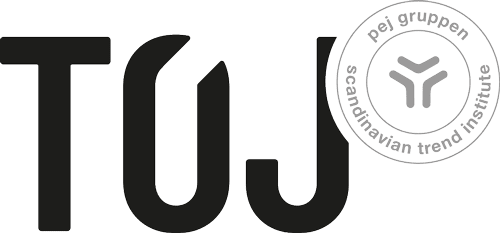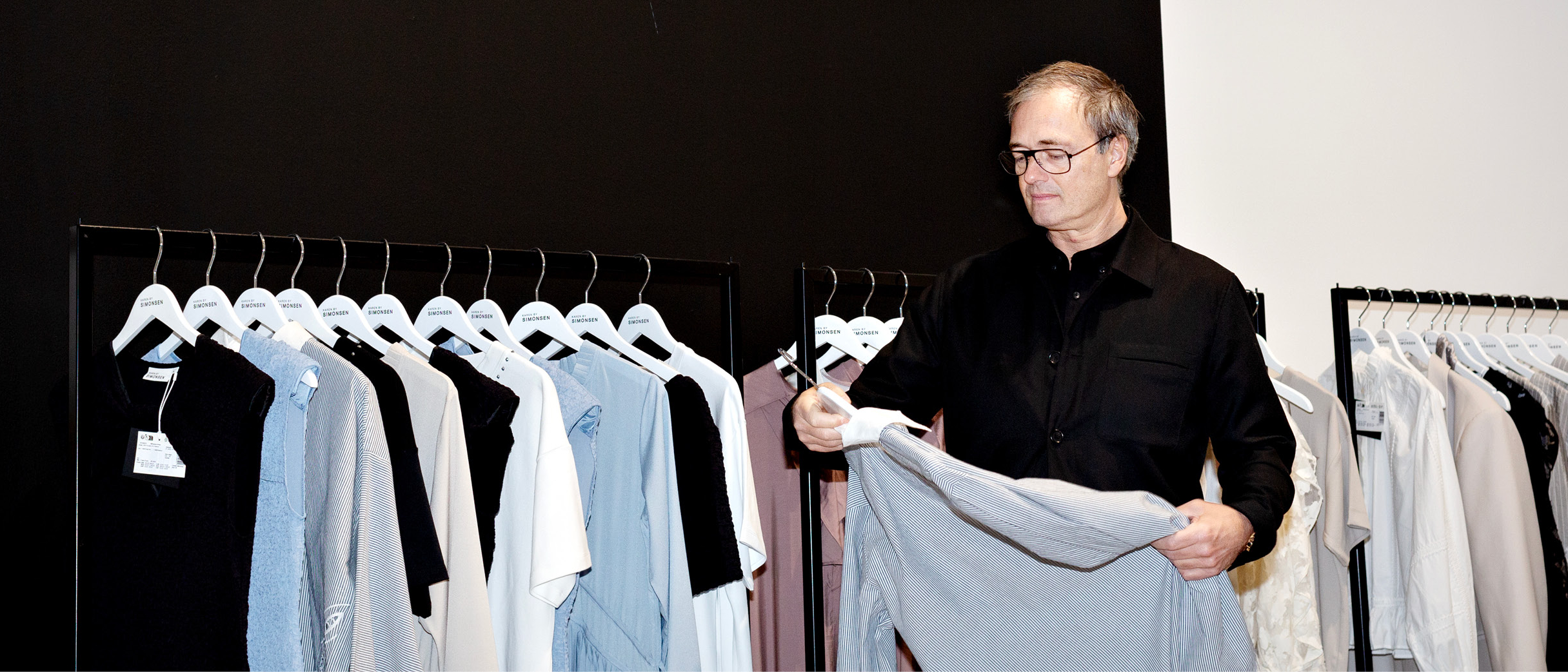Sponsored article
The Danish fashion company DK Company is successfully developing their sales of 25 clothing brands on online platforms. The secret lies in having well-managed processes to ensure an efficient value chain, but everything ultimately depends on sharp delivery.
Opinions on e-commerce platforms such as Amazon, Zalando, and Boozt are divided. Some see them as a threat, others as a potential. Several experts highlight that you can hardly get a better window to the world’s many consumers than a modern digital platform: They can scale your sales enormously because they are in contact with more users than most companies could reach on their own.
“There is a volume on these platforms that you cannot find anywhere else. We do not have individual customers that come close to the size of online platforms,” says co-owner and CEO of DK Company, Jens Obel Jørgensen, in Ikast and Copenhagen.
He has been part of steering the company towards online platforms as a counterpart to wholesale – sales to stores. When Zalando launched in 2008, it took DK Company only two years to bet on this and other platforms as an accepted part of the business and a way to reach a broader audience. Although not all platforms have proven viable, the investment seems to have paid off:
From 2019 to 2022, the total revenue increased from DKK 3,388 million to DKK 4,646 million – an increase of 37%. The goal is to reach DKK 5 billion in 2024.
Small windows require sharp processes
DK Company’s journey towards more online revenue started as a curious collaboration but is now based on a strategic focus on collaborating with platforms. The Ikast-based company today sells on 14 different platforms within fashion and textiles.
“All platforms have a number of requirements for suppliers and penalty systems if you do not meet delivery times, so your processes must be sharp throughout the value chain,” says Susanne Mikkelsen, Key Account Director at DK Company in Ikast and Copenhagen. Four years ago, this led to a change of logistics partner. In came DACHSER, which, as a preferred logistics provider to Amazon and other platforms, had extensive experience with these. DACHSER knew the platforms’ specific requirements and processes and knew how to utilise IT integration and transit terminals to avoid increased costs and lost revenue due to delivery process errors or missed delivery slots.
But even with an experienced logistics provider, it takes time to fine-tune the collaboration. Susanne Mikkelsen points out that proximity to the process with continuous adaptation between themselves and the platforms’ requirements is key to success. Therefore, DK Company has had three-party meetings with the platforms and logistics partner DACHSER to optimise processes.
“It is an advantage that we seek dialogue and closeness with our partners. If we are to continue taking steps in the right direction and sharpening processes, we must learn from them. The high demands for reporting and data sharing require streamlined processes and structure that develop and improve us,” she says.
Much can be lost on the last mile
Access to the many digital shoppers who happily swipe and checkout from their smartphones stands in stark contrast to the physical realities that are a prerequisite for any online sale. There lies a long and complex physical value chain that must be fulfilled within a short time. Before the delivery of a new collection to the platforms, analyses of previous collections’ performance in the market have been conducted, new collections have been developed, timed with delivery from factories in Asia and Europe to the warehouse in Ikast. From there, they are packed at the warehouse and sent out the door for delivery to the platforms’ warehouses. It is a process where a few days can make the difference between whether the goods perform well or poorly in the company’s various markets. If something goes wrong in the last stage, many months of work are wasted. In short, this is where the last four years of strategic work at DK Company have shown their worth. And to be able to follow the processes through to the end, it has required a logistics partner like DACHSER, which can hit an arrival window within half an hour after driving a collection across Europe.
Susanne Mikkelsen emphasises that without sharp processes throughout the value chain, it is impossible to maintain profitability and flexibility all the way to the delivery window many kilometers away:
“There are many successful processes that precede when we deliver to Zalando’s warehouses in Germany and Poland. If we do not have control over the last mile, a huge amount of work in the entire value chain is lost,” she says
Sponsored by DACHSER



